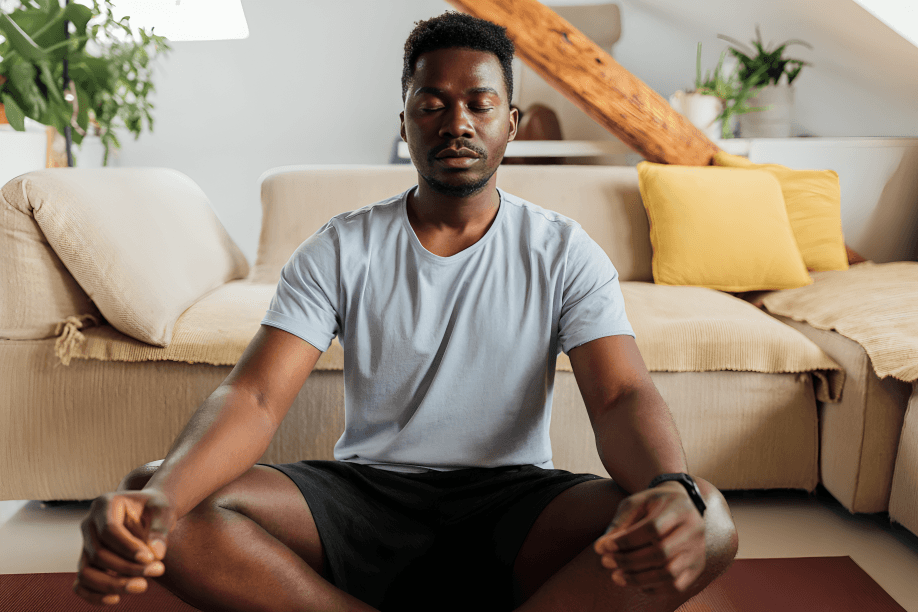
“
In today’s fast-paced world, more people are exploring the idea of digital detox & why you should try it as a remedy for information overload, social media burnout, and mental fatigue. Constant digital exposure affects sleep and emotional health. 1
1
”
Ancient Greek philosopher Socrates once promoted self-awareness and reflection, which aligns with digital detox goals—to pause, observe habits, and make intentional choices for clarity. 1
Studies show people check their phones an average of 96 times daily. Reducing this habit through digital detox can help break compulsive behaviors and increase attention span significantly. 2
Digital detoxing has been linked to improved sleep patterns. Screen light disrupts melatonin production, and limiting exposure helps your brain ease into deeper, more restful sleep cycles naturally. 3

Unplugging from digital devices allows face-to-face conversations to flourish. It rebuilds emotional intimacy in relationships, which often deteriorate due to distraction and lack of presence during screen time.
A 24-hour break from social media significantly reduces cortisol levels—the stress hormone—helping individuals feel calmer, more grounded, and less emotionally reactive to constant digital noise. 4
Constant connectivity leads to mental fatigue. Practicing regular digital detox gives the brain a rest, much like muscle recovery after physical exertion, leading to better cognitive performance. 5
Nature walks without phones are powerful digital detox tools. Being offline in green environments lowers anxiety, boosts self-esteem, and promotes a deeper sense of overall well-being. 6
Family meals without screens allow children to develop communication skills and emotional bonding. Digital detox routines can create healthier childhood environments by limiting screen dependence. 7
Research reveals that digital addiction rewires the brain's reward system, encouraging impulsivity. Detoxing helps to re-establish self-control, decreasing compulsive behavior and promoting healthy tech use habits. 8

Screen-free hours during the day improve productivity. Without frequent notifications or digital interruptions, people focus better on tasks, leading to higher work output and less mental exhaustion.
Digital detox helps regulate dopamine spikes caused by online engagement. When you step away, your brain’s reward system stabilizes, reducing cravings for constant stimulation and digital validation. 9
Journaling during a detox can clarify thoughts and goals. It helps individuals track progress, discover screen-related triggers, and explore how digital habits are affecting their mindset and productivity. 10
Digital detox improves your ability to enjoy silence. Over time, silence fosters deeper thinking, inner calm, and mindfulness, which are often buried beneath layers of online noise and screen stimulation. 11
Offline hobbies like painting, reading, or gardening activate different brain regions than scrolling. These activities bring satisfaction without overstimulation, enhancing emotional resilience and restoring mental focus. 12
Turning off notifications—even temporarily—can lower anxiety. The fear of missing out (FOMO) gradually fades, replaced by a sense of freedom, control, and intentional connection with the present moment. 13
Many people find their creativity returns after detoxing. With fewer distractions and more uninterrupted time, your mind is free to wander, dream, and innovate without digital limitations. 14

Tech-free mornings support mindfulness. Beginning the day without screens lets you focus on intentional routines, such as stretching, gratitude, or journaling, setting a calm tone for the entire day.
Practicing mindfulness during a digital detox helps people become aware of tech urges. Awareness makes it easier to manage cravings and resist the impulse to reach for your phone unnecessarily. 15
Digital detoxing isn't about rejecting technology—it’s about using it intentionally. Structured breaks help people rediscover life outside the screen and re-enter the digital world with a healthier mindset. 16
Dr. Carl D. Marci, a Harvard neuroscientist, found that tech overload increases mental fatigue. His research supports using digital detox practices to boost attention, mood, and overall cognitive function. 17


